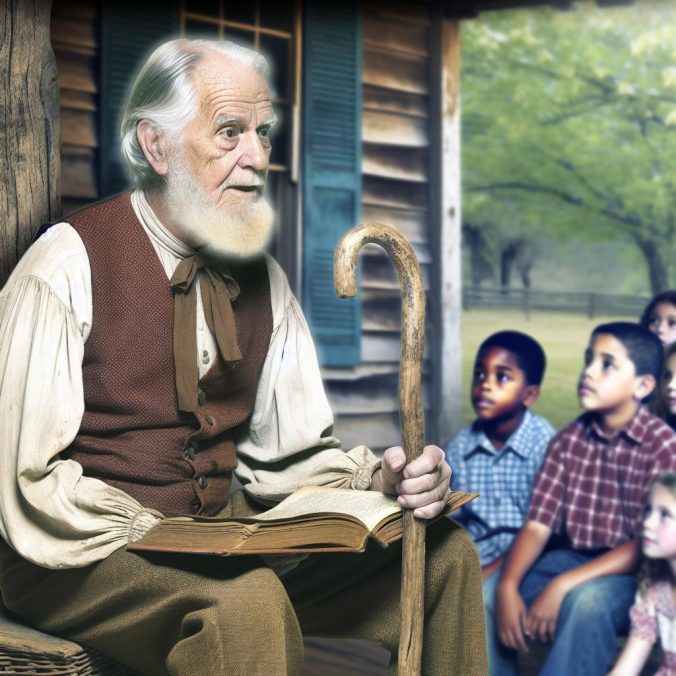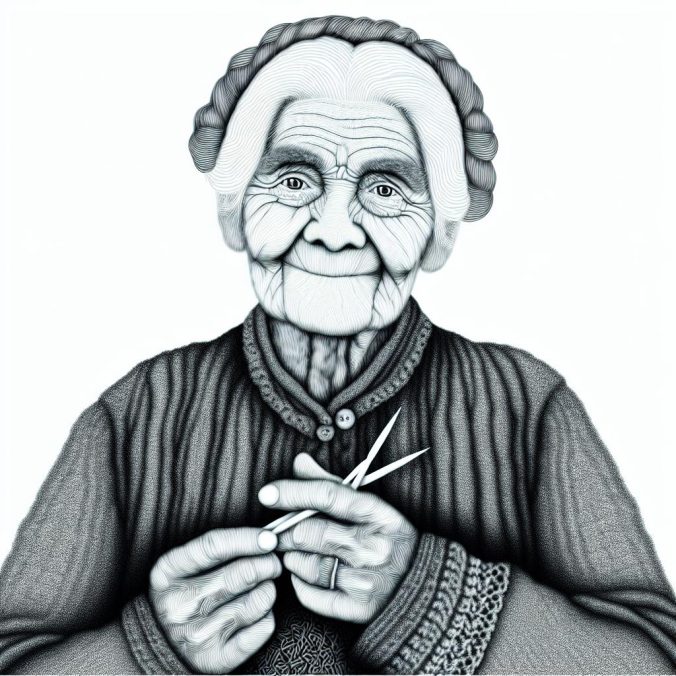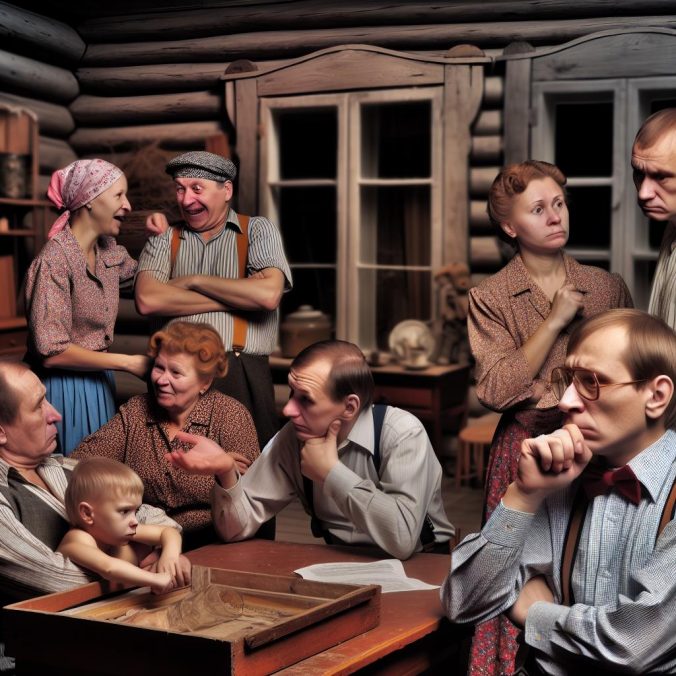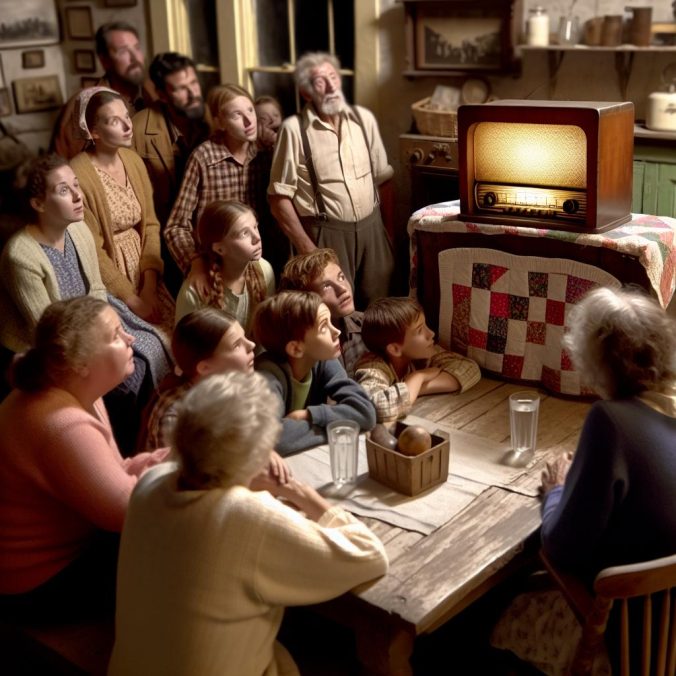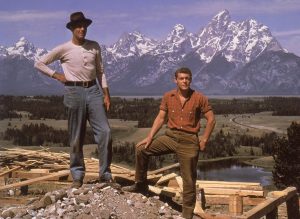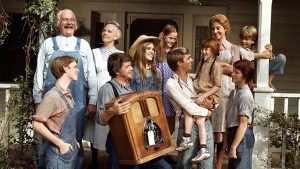Grandpa Walton’s Wisdom and Influence
The character of Grandpa Walton, portrayed by the talented actor Will Geer, stands as a cornerstone of the award-winning television series The Waltons, which captured the hearts and minds of audiences during its run in the 1970s. Set against the backdrop of the Great Depression and World War II in the rural foothills of Virginia, the show chronicles the lives of the Walton family as they navigate the intricacies of daily existence during trying times. Grandpa Walton, or Zebulon Walton as he is formally known, is the esteemed patriarch of this family and plays a crucial role in forming the moral backbone and guiding principles that steer his extended family.
The Representation of Wisdom
Grandpa Walton is often hailed as a bastion of wisdom, a role he fulfills with grace and subtlety. His character is depicted as a wellspring of knowledge, offering guidance and support to his family during times of uncertainty. This depiction underscores the essential role played by the older generation in the transmission of collective wisdom and the reinforcement of ethical values among the younger kin. Grandpa Walton’s advice typically emanates from a place of deep-seated practical knowledge and a sharp perception of human nature, insights he has cultivated over many decades in the pursuit of a simple but meaningful life. In this way, his character becomes a symbol of enduring wisdom in a rapidly changing world.
Life Lessons and Morals
The life lessons and moral guidance imparted by Grandpa Walton are centered around themes of familial solidarity, integrity, and industriousness. Throughout the series, he imparts invaluable lessons that emphasize the necessity of staying authentic to one’s own values while also prioritizing the community and family. These narratives are not mere words; they are deeply intertwined with Grandpa Walton’s own life experiences, shared through personal anecdotes and heartfelt conversations. These stories encourage the younger family members to forge their own paths and make decisions aligned with the family’s ethical framework. Grandpa Walton’s character thereby becomes a vehicle for transmitting core values across generations.
Ethics and Communication
Grandpa Walton’s influence is not confined solely to his immediate family circle. Often, he steps into the role of mediator, bridging gaps and smoothing over conflicts with his sage advice. His character serves as a voice of reason, wielding a unique ability to communicate effectively with those around him. His interpersonal skills and adherence to ethical principles render him a respected figure within the larger community depicted in the series. This aspect of his character showcases the power of communication rooted in empathy and comprehension, qualities he consistently demonstrates in his interactions with both friends and family members. Through Grandpa Walton, viewers witness the art of diplomacy and the importance of maintaining ethical integrity in all dealings.
Cultural Impact
The cultural imprint left by Grandpa Walton’s character extends far beyond the confines of the television screen. His enduring presence resonates with audiences who have watched and rewatched The Waltons since its debut. The values he embodies offer timeless guidance for addressing contemporary challenges with wisdom rooted in age-old truths. As the epitome of the wise elder, Grandpa Walton’s character has made a lasting impression on generations of television viewers, providing a template for familial leadership and moral guidance that is as relevant today as it was during the initial airing of the series.
The widespread appeal and influence of *The Waltons*, with Grandpa Walton at its heart, continue to be a subject of exploration for researchers and media analysts. The show’s rich tapestry of character-driven storytelling and its emphasis on family dynamics have provided fertile ground for discourse among television critics and media historians. In sum, Grandpa Walton’s character serves not only as a linchpin within the series but also as a model of venerable wisdom and ethical integrity that continues to inspire and guide audiences beyond the span of the show itself.
In exploring Grandpa Walton’s wisdom and influence further, viewers can engage with a variety of discussions that delve into the show’s broader cultural significance. These analyses consider how the series reflects and challenges American familial ideals and societal norms. Through academic discourse and public conversation, The Waltons maintains its place as a vital piece of television history, largely due to characters like Grandpa Walton, whose legacy of wisdom continues to resonate.
